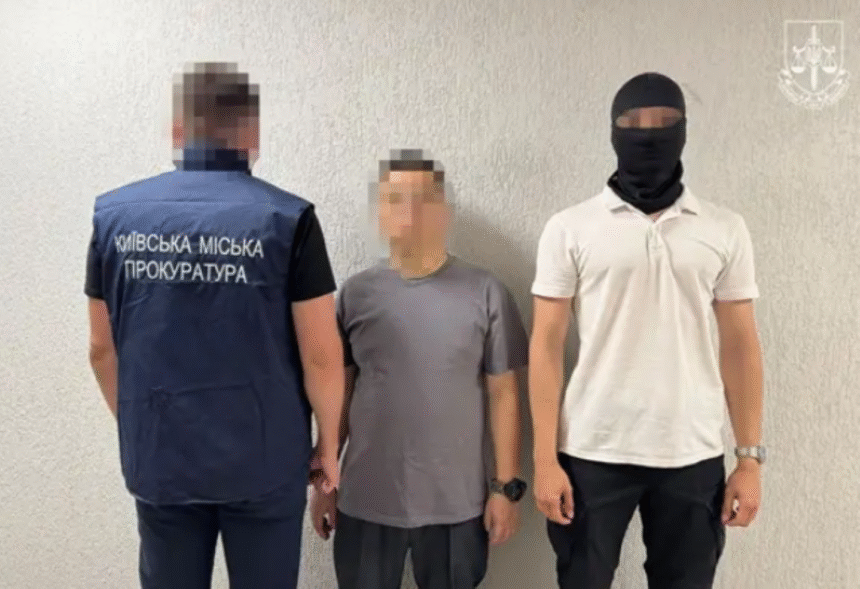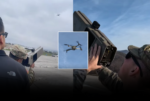The Counterintelligence Service of the Security Service of Ukraine (SSU) has announced the arrest of two Chinese nationals in Kyiv on suspicion of espionage. The individuals, a 24-year-old former technical university student and his father, were allegedly attempting to illegally export top-secret documentation concerning Ukraine’s RK-360MC Neptune cruise missiles.
The SSU stated that the younger man, who was expelled from a Kyiv university in 2023 for academic failure, remained in Ukraine and attempted to recruit a Ukrainian citizen involved in advanced weapons development to obtain the secret documents. His father, who resides in China, reportedly made periodic visits to Ukraine to coordinate his son’s espionage activities.
The SSU claims it exposed the spy at an early stage of his intelligence operations, detaining the son “red-handed” as he received secret documents. The father was subsequently arrested, having entered Ukraine on July 7 and reportedly visiting the Chinese embassy in Kyiv prior to his detention. Both have been charged with espionage.
Ukraine’s Allegations of Chinese Support for Russia
This incident comes amidst heightened tensions and repeated accusations from Ukraine regarding China’s role in supporting Russia’s war efforts. Just yesterday, President Volodymyr Zelenskyy imposed sanctions on five Chinese-registered firms accused of supplying components found in Russian Shahed-type drones, which are used in nightly attacks on Ukraine.
President Zelenskyy has previously stated, “We have received information that China is supplying weapons to the Russian Federation. And we are ready to talk about it in detail. Today, we have information from the security service, from intelligence, about gunpowder, artillery.”
Ukrainian intelligence has consistently claimed that China is assisting Moscow in circumventing sanctions and providing critical dual-use goods that bolster Russia’s military-industrial complex. While China has publicly maintained a stance of neutrality in the conflict, Kyiv’s intelligence reports suggest a deeper level of engagement in supplying materials vital to Russia’s stockpiles of weaponry.







